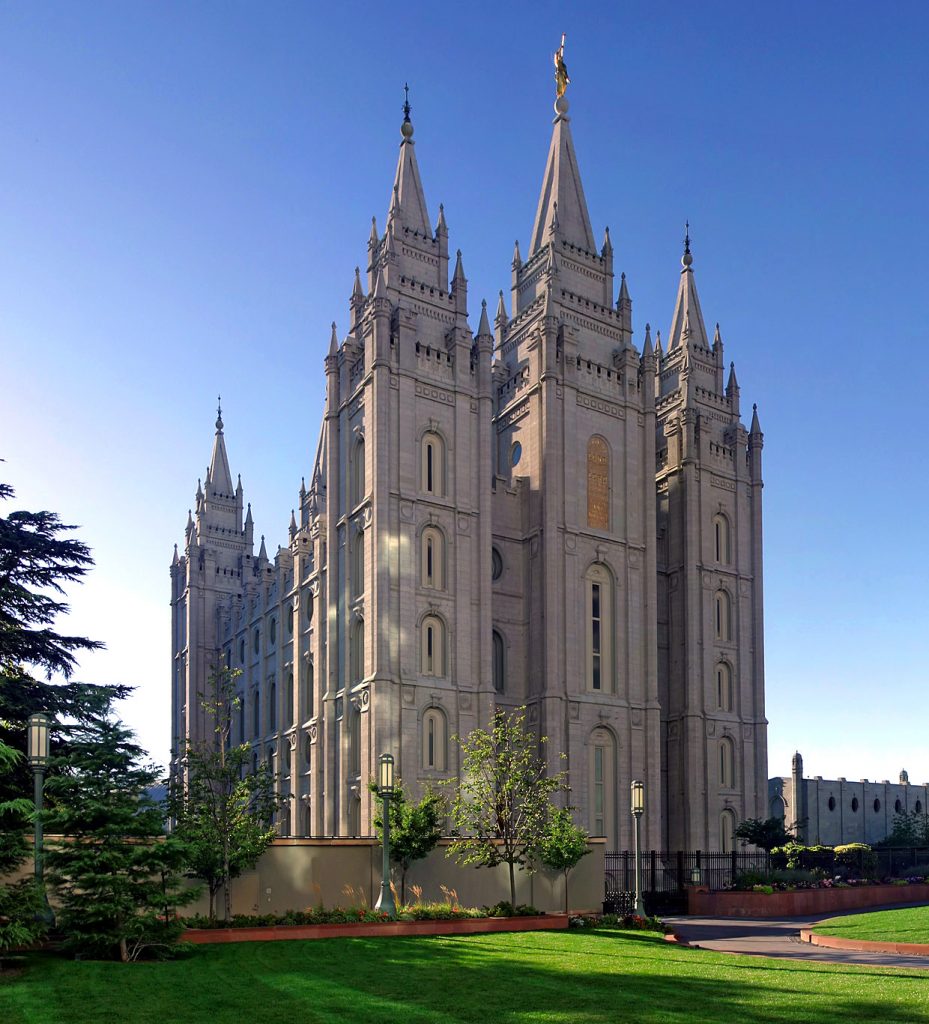The Church of Jesus Christ of Latter-Day Saints, commonly referred to as the Mormon church, announced today that they are reversing a 2015 ban on blessings and baptisms of children of LGBT parents. The church’s policies previously excluded children of LGBT parents from these rites until the children had reached the age of 18, disavowed same-sex relationships, and left the household. The LDS Church will also be revising parts of their handbook, including a section that listed those who are in same-sex relationships as committing apostasy, or the abandonment or renunciation of a religious belief or principle. Under this new provision, infants or young children of LGBT parents may be blessed in the LDS Church and then would be eligible for baptism at the age of eight, as any other child would.
Although this move is a shocking policy reversal in the eyes of many, the reversal does not officially change the LDS Church’s stance or teaching against same-sex marriage. Rather, this change in policy simply offers a venue for the inclusion of children and youth who would have otherwise been excluded until legal adulthood. When the policy banning children of LGBT parents from blessings and baptisms was put in place in 2015, many opposed it because they felt it punished children for the actions or identities of their parents and hundreds of people left the LDS Church over the decision. In an article from CNN, it was noted that the LDS Church is working to “to reduce the hate and contention so common today.”
This change in the church policy is the result of a revelation to LDS Church President Russell M. Nelson; in the LDS Church, a revelation is the highest rank of teaching and is understood to be a revelation from God. Nelson has become known for openly speaking about revelations he has received, something uncharacteristic of many others who have help his position. Yet the LDS Church’s emphasis on revelation for the purpose of teaching and making policy raises questions among some. The 2015 policy banning children of LGBT persons from blessings and baptisms was also attributed to revelation; this most recent revelation and subsequent policy reversal is causing some to wonder about the place of revelation in policy-making and the complexity of focusing on revelation as a source of doctrine when revelations can come in conflict with one another.

